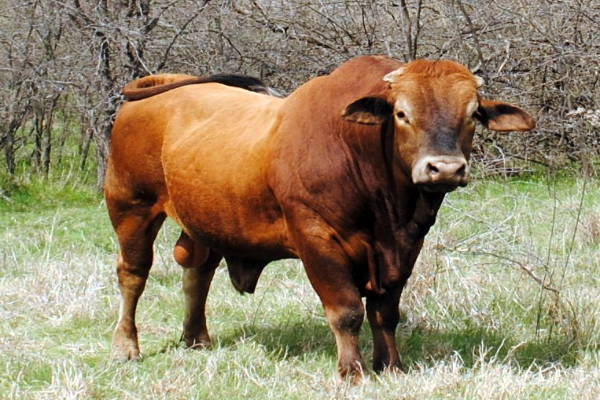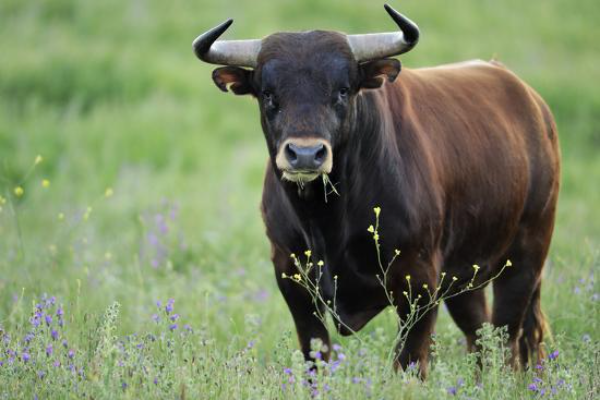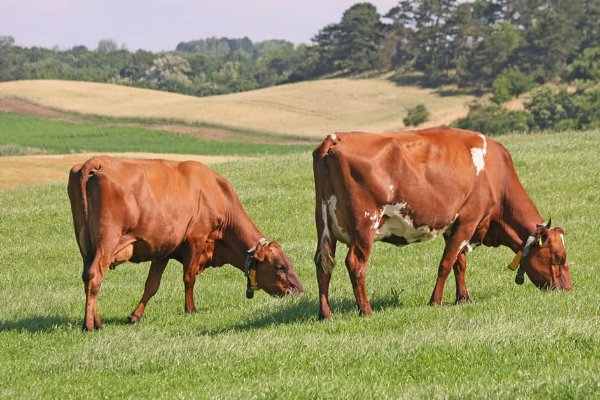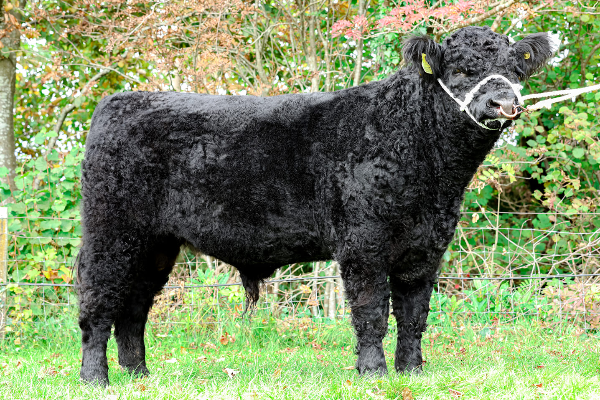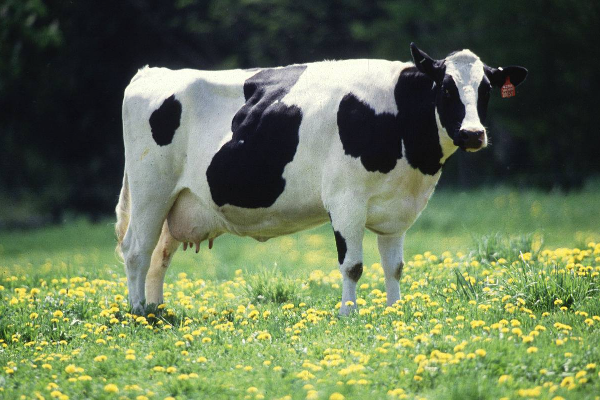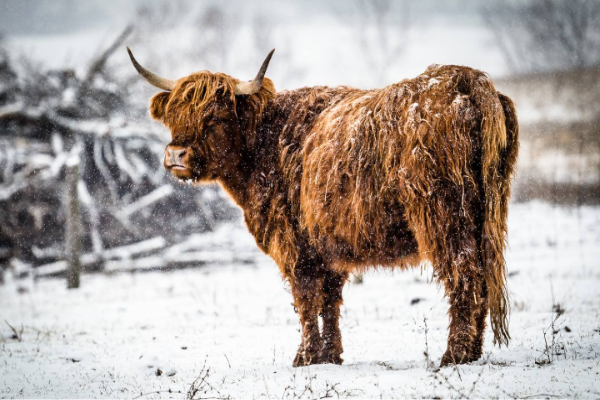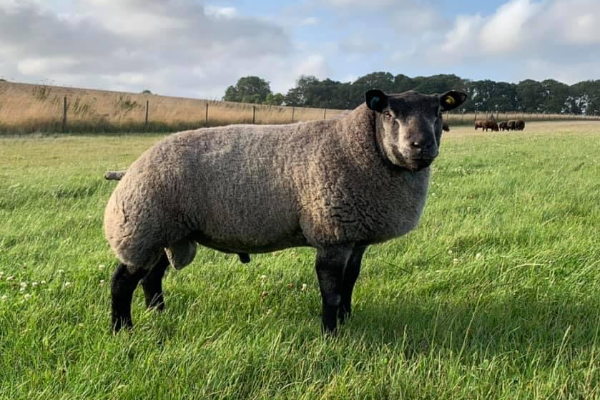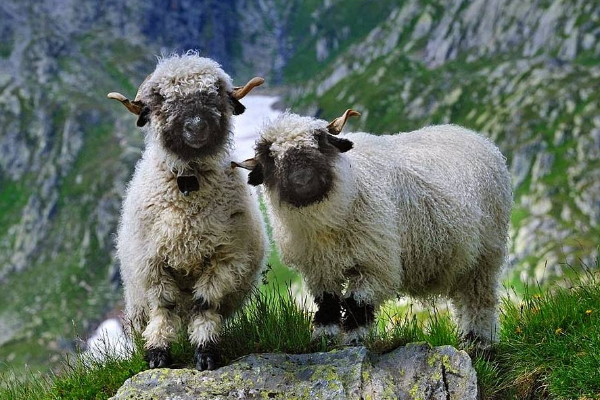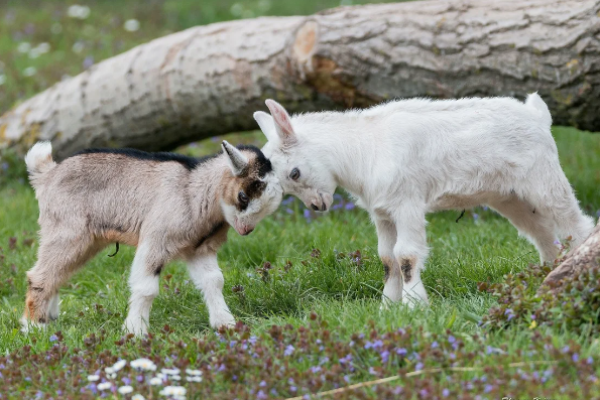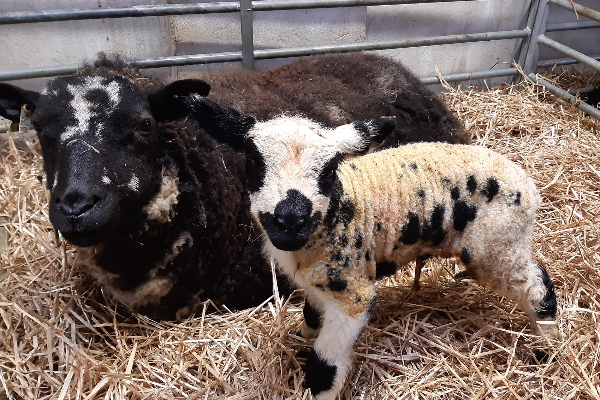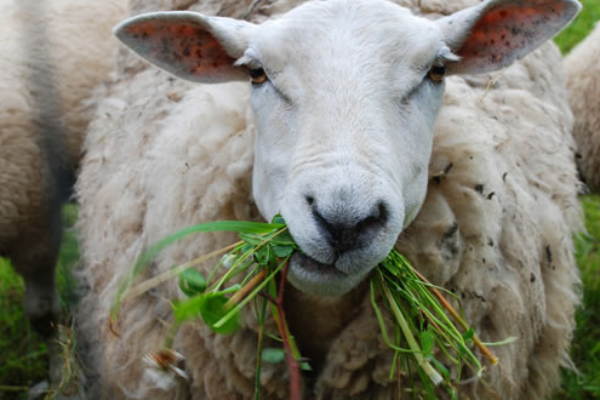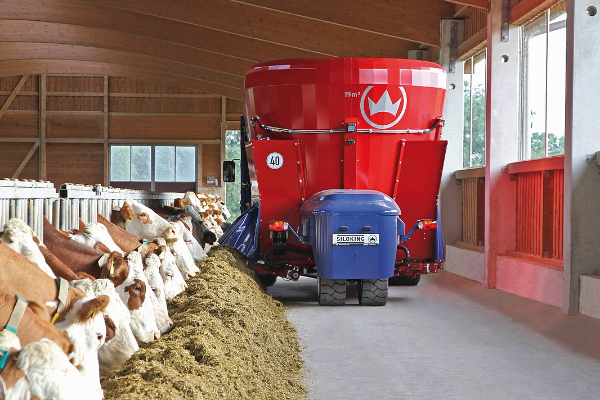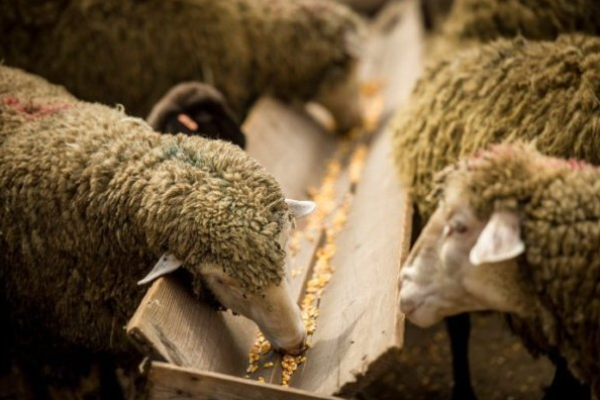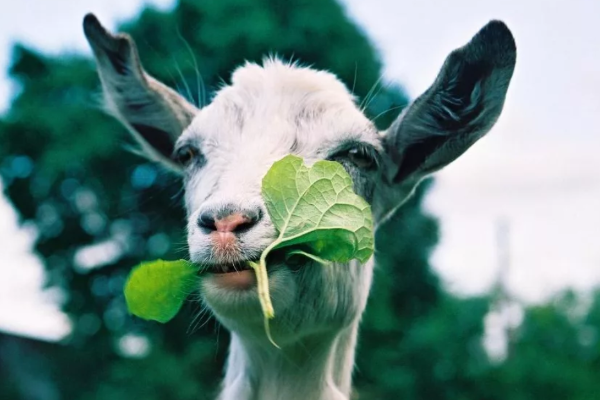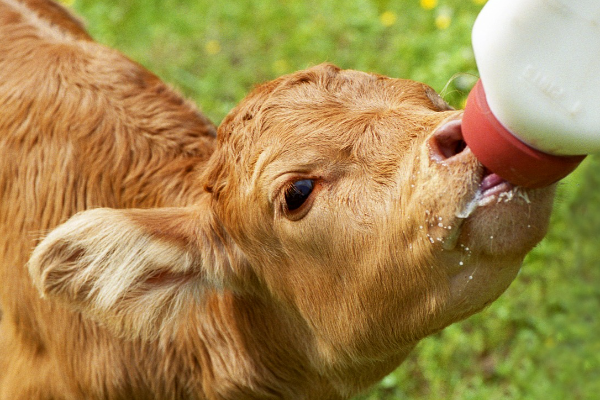Alberes Cattle

The Alberes cattle are a semi-feral bovine Catalonian breed, located in the Natural Park of the Alberes Massif, in the eastern extreme of the Pyrenees.
It is
distributed between the Alt Empordà region (Spain) and the Vallespirregion
(France).
Their current census is very reduced. There exist approximately 900 animals. The number of cows maintaining a high degree of racial purity is about 100 for Black Alberes, and 350 for Fagina Alberes. The number of sires is probably reduced to six (two of Black variety and four of Fagina variety).
These figures fit the category of an Endangered Breed (100-1,000 females) proposal of the FAO Expert Consultation or the category of Endangered status (100-1,000 females) according to the Red Data Book System, which implies that the breed is in danger of extinction. Without action, its effective population size is inadequate to prevent continuing genetic loss in future generations.
What Is The History Of The Alberes Cattle?
Despite the fact that the Alberes cattle considered as a single breed, two varieties of the same breed exist, which differ mainly due to coat color.
The fawn color variety (Fagina Alberes) is known in South Catalonia (Spain) as the "Fagina" variety, whose name makes reference to the abundance of beaches in the zone, and in North Catalonia (France) it is known as "Massanaise", the place-name derived from the Massané River; the second variety is the black color variety (Black Alberes).
The "Fagina" variety prevails in the north and the Black variety in the south. The two varieties of this breed have different origins. The Black Alberes variety, considered as the "primitive" variety in the country, is a direct descendant of the "Iberian Trunk" that includes breeds such as "Negra Andaluza", "Morucha", "Avileña", etc.
The Fagina Alberes variety has a more recent origin, coming from repeated matings of individuals of the Black variety with animals of the breeds "Pirenaica" and "Gasconne", mainly.
The introduction of animals coming from the "Turdetanus Trunk" in the Albera Massif was a consequence of the restocking that was effected in wide areas of the Pyrenees, after the Foot and Mouth Disease epidemic, which wreaked havoc in this region in 1774. The "Turdetanus Trunk" and the "Iberian Trunk" come from the ancestral Bos brachyceros which originated in Mesopotamia and Asia Minor and which could have been introduced into Africa and Europe through Egypt and the Strait of Gibraltar.
What Are The Characteristics Of The Alberes Cattle?
- The Alberes breed is characterized by small-sized and elongated animals, with a straight cranial profile and short half-moon-shaped horns.
- The Alberes cattle have black, blond, or brown in coloration and the breed is rare.
- The general aspect is of rustic animals without a defined productive aptitude.
- The breed has a long calving interval and is known for its hardiness and longevity. They grow in a semi-feral status, the females producing enough milk to raise a calf.
- The killing-out percent is low (35-40%), and for this reason matings with other breeds of better meat yield have been frequent. Cleaning the forests is an important effect linked to these herds, which helps the prevention of forest fires.
- Cows are small-sized and rustic, living under a semi-feral management system with minimal human contact. Age at first calving ranges between 3 and 4 years.
What Is The Weight Of The Alberes Cattle?
The Alberes cattle are a small-sized breed, with an average weight of 350 kg for the mature bulls and 275 kg for the mature cows.
Sources
http://afs.okstate.edu
https://www.mapa.gob.es
https://www.baussitges.com
https://www.scielo.br
https://www.cambridge.org
http://www.fao.org

Written by
Researcher Ghost Writer
EditorBreedsMore
IllnessesMore
Forage cropsMore
![]() Патологическая физиология голодания Arina TARAN
Патологическая физиология голодания Arina TARAN![]() Дефицит фосфора (гипофосфатемия) Hipofosfatemi Arina TARAN
Дефицит фосфора (гипофосфатемия) Hipofosfatemi Arina TARAN![]() Какие бывают кормораздатчики для ферм КРС? Irina Makarova
Какие бывают кормораздатчики для ферм КРС? Irina Makarova![]() Кормушки для овец Diana Myakisheva
Кормушки для овец Diana Myakisheva![]() Питание домашних коз: что едят, виды корма и правила кормления Alina Arslantürk
Питание домашних коз: что едят, виды корма и правила кормления Alina Arslantürk![]() Важность минералов питании сельскохозяйственных животных Irina Makarova
Важность минералов питании сельскохозяйственных животных Irina Makarova




